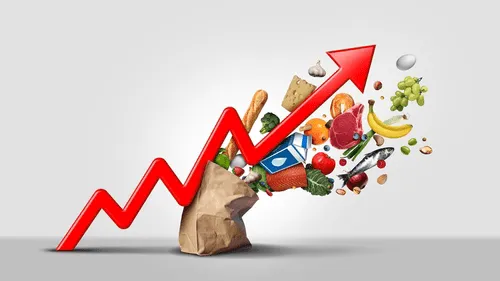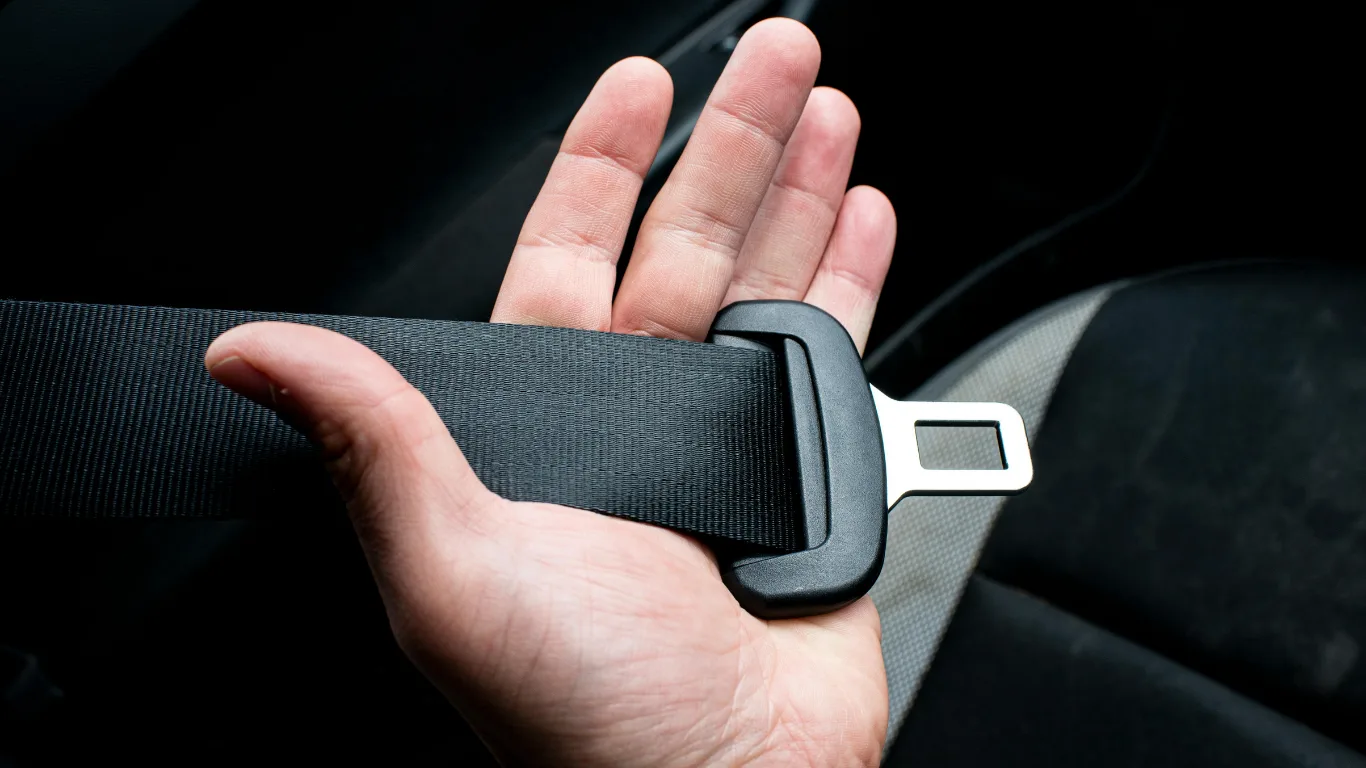In today’s dynamic economic environment, governments all over the world are putting in more of that regulatory and tax related pressure, also with a special interest in cash transactions that cross many sectors. What we are seeing is a big push into cash at gas stations, retail stores, and other service based companies as a way to go after tax evasion, improve transparency, and increase what the governments bring in. This article we present a full picture of the upcoming tax changes which also look at the issues which brought this change in policy, the which sectors are affected, and also the wide range of business and consumer impacts.
A Look At This
Governments have had issues in tracing cash transactions which is a result of the very nature of cash which in turn causes tax evasion and money laundering. To that end we are seeing the implementation of new tax laws which introduce more taxes and at the same time put in place more rigorous reporting rules for cash transactions which in particular include the high cash transaction sectors of petro stops, retail, restaurants, and also service providers.
These Measures Are Designed To
- Discourage unreported cash dealings
- Encourage the adoption of digital payments
- Broaden the tax base
- Improve fiscal accountability
The recent tax change which puts the focus on cash transactions over certain pre-determined points and also which reports of increased penalties for those that don’t comply.
Why Are Petroleum, Retail, And Service Sectors In The Spotlight
High Cash Flow And Tax Evasion Risk
Petrol stations, retail stores, and service providers report to do large volume of small ticket cash transactions. We see in this a great opportunity for reporting less income and tax evasion. Also because cash is hard to trace we see how authorities have a hard time in their efforts to track sales and proper tax collection.
Economic Significance Of These Sectors
These sectors are a large part of the economy which in turn makes them very important for tax revenue generation. Petrol and retail trade are very much a part of daily life which we have millions of participants in, thus we see a large revenue base. Imposing extra taxes on cash in these sectors will see a large increase in what the government brings in.
Digital Payment Alternatives And Government Incentives
Governments are pushing for cashless transactions which they do so by offering tax breaks, discounts and reduced compliance for digital payments. Also they are penalizing cash transactions which in turn encourages businesses and consumers to shift to more transparent and traceable digital options.

New Tax Policies: What Business Needs To Know
Increased Tax Rates On Cash Payments
In the new system which is put in place cash transactions of a certain value (for instance $10,000 or the equivalent) in petrol, retail, and service sectors are taxed more heavily or made to pay a surcharge. This in turn dissuades large scale use of cash and sees more people go for electronic payment options.
Mandatory Reporting Requirements
Businesses are required to keep close account of their cash transactions which they report to tax authorities on a regular basis. Should they fail to comply we see large fines and audit as a punishment.
Impact For Small And Medium Businesses (SMEs)
SMEs in those sectors have to adapt quickly. As these taxes which in turn raise operating costs go up, SMEs that move to digital payment systems see in fact improved accounting which in turn reduces compliance issues.
What These Taxes Do To Consumers And Businesses
Consumers Face Higher Costs
For consumers what we see is an increase in price at the petrol station, in the retail outlet, and from service providers which is a result of businesses passing along the tax we pay on cash transactions. Also we see a push from companies for the use of cashless payment methods which they put forth for the convenience of the consumer and also for the chance to give them a discount.
Businesses Need To Adapt Rapidly
Retailers, fuel stations, and service providers we see to put in modern point of sale (POS) systems which handle electronic payments and report to tax authorities. May be an up front cost for some but in the long term it is about compliance and better operation.
Shift Towards Transparency
With the issue of cash payments coming under more attention businesses see the value in greater transparency and reduced risk of tax audits. Also we see this as a growth for trust between business and customer which in turn shows our dedication to legal practices.
Benefits Of Going Away From Cash
Enhanced Security And Fraud Prevention
Digital payment systems see a great reduction in the issue of large scale handling of cash which includes issues of theft, counterfeiting and human error. For businesses this translates to a great degree of safety in day to day operations.
Improved Financial Management
Electronic record keeping is done for all the transactions which in turn simplifies the tax and bookkeeping processes. Also this has the benefit of sales trend analysis, inventory management, and improved financial planning for companies.
Government Revenue Growth
As the use of cash for transactions decreases, governments are seeing a greater share of that activity report in the formal tax system. This added revenue in turn supports better public services and infrastructure development.
Challenges And Considerations
Infrastructure And Access Issues
In many cases what we see is that not all businesses, in particular those in rural and underdeveloped areas, have access to reliable digital payment infrastructure. For which in turn there is a need for governments and private sectors to work together in order to achieve wide scale adoption of affordable digital payment solutions.
Consumer Resistance
Some people prefer cash which is a result of privacy issues or digital literacy issues. We see that what is very important is the role of awareness campaigns and also user friendly payment options which facilitate the transition.

Implementation And Enforcement
Tax authorities to have a fine line between strict enforcement and practical support which includes issue of clear guidelines and training for businesses to avoid unexpected disruptions.
Looking Ahead: Which To Expect
The trend of putting taxes on cash transactions in the petroleum, retail, and service sectors is to grow worldwide. Governments will:
- Widen tax reporting of cash transactions
- Integrate in advanced tracking systems which use data analytics
- Increase financial institution collaboration for suspicious transaction monitoring
- Provide incentives for innovative payment technologies
Businesses which put in place digital payment options and bring their accounting systems in line with regulatory requirements will do well in the face of these changes.
Conclusion
The introduction of tax to cash payments in fuel, retail, and other services is a large step in which the government is restructuring fiscal policy to which they put forward to close tax loopholes and at the same time bring payment systems into the 21st century. While this presents issues for businesses and to the consumer who is used to paying in cash, also it brings out the issues of which we may see more transparent and secure systems, also reports of better operational performance. For that which companies which wish to play in this ever growing digital economic space will need to do so with a strategic plan and by adopting technology.

















